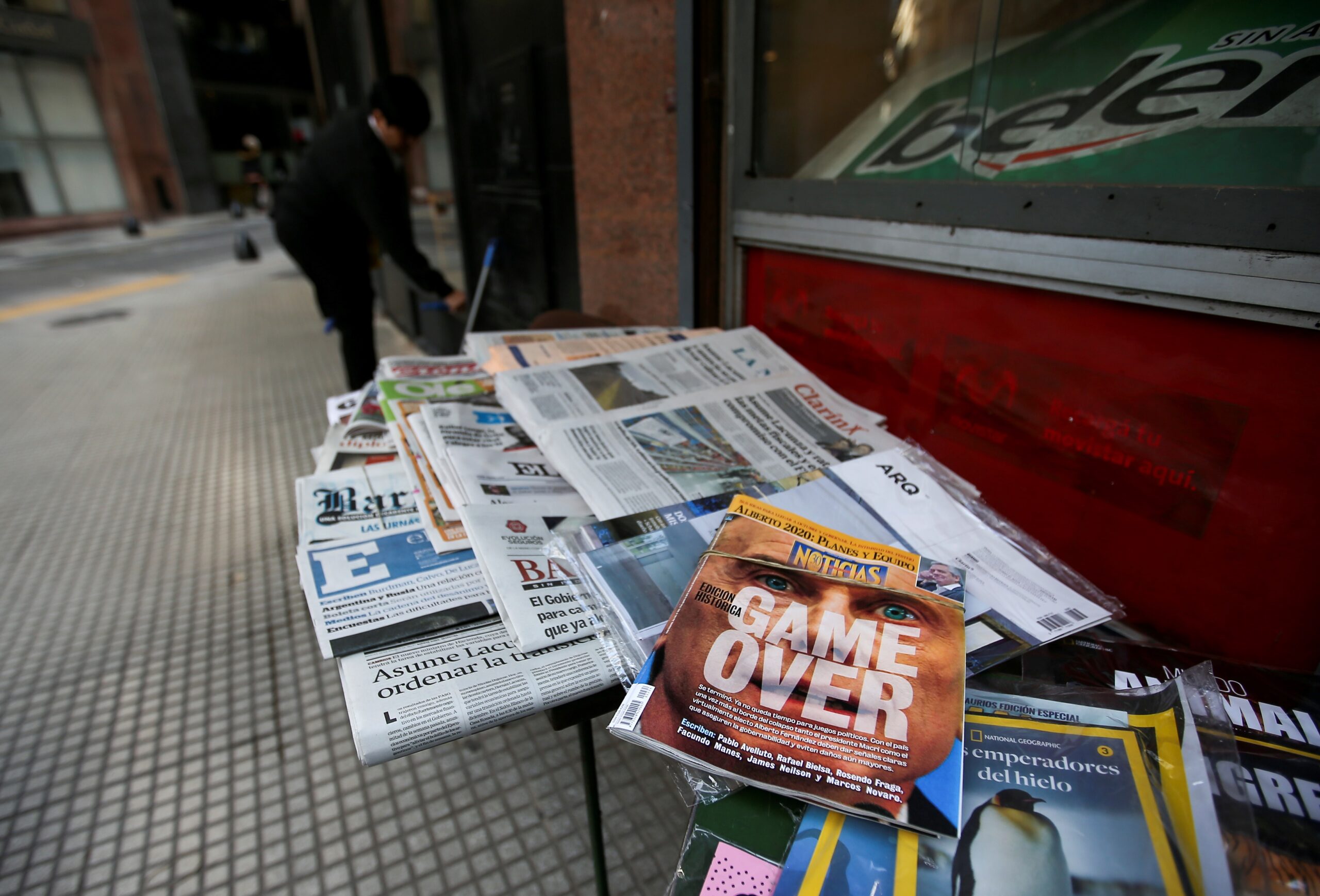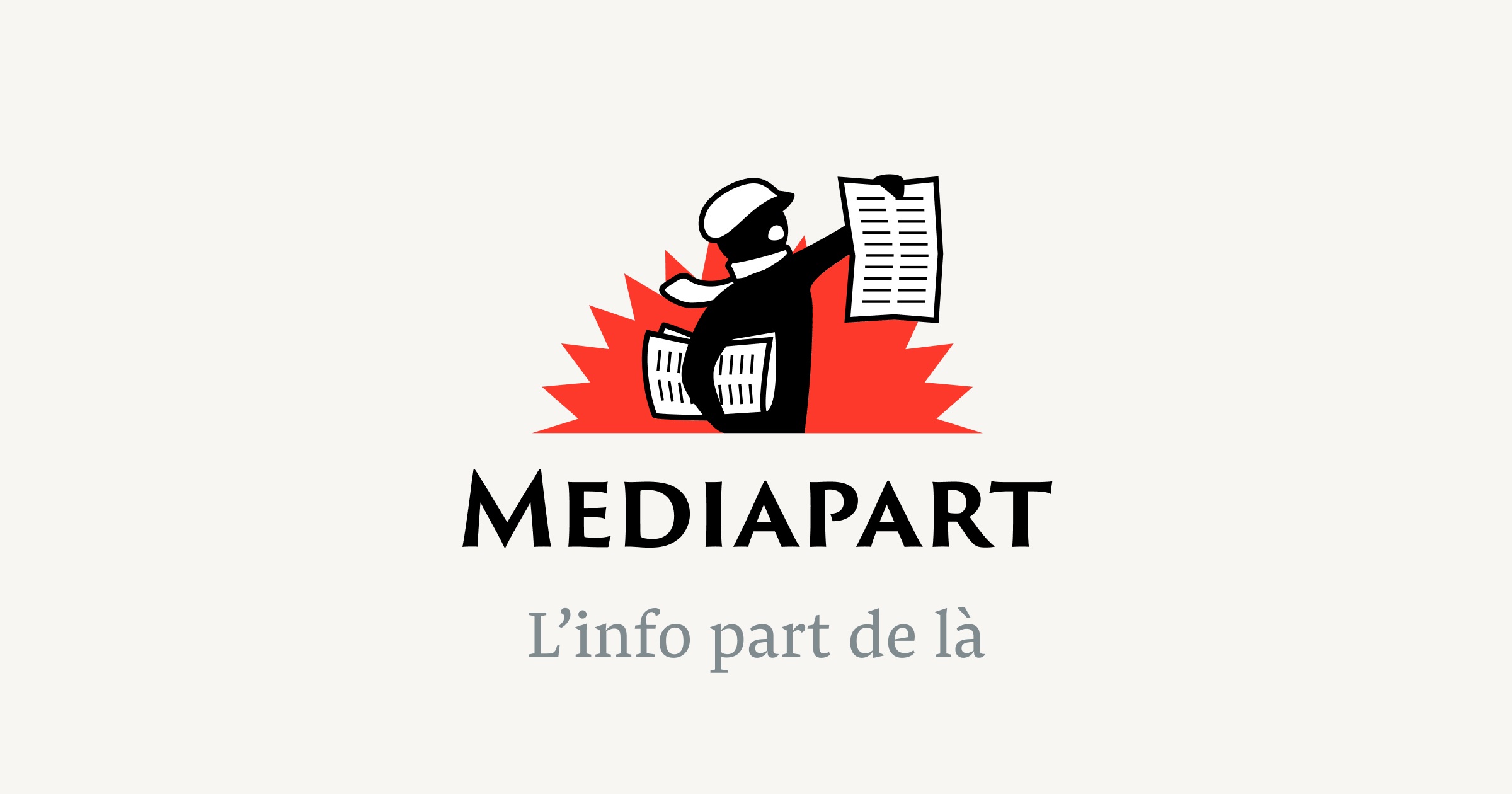
When Orson Welles presented his masterpiece ‘Citizen Kane’ in cinemas in 1941, world journalism was at the height of its influence[1]. Despite the fact that the world’s population still lives in depressing literacy conditions, at least one in ten citizens buys a daily newspaper every day, and people often gather in public halls, for those who cannot afford the expense, to read a single copy and exchange opinions about it[2].
These are glorious years. Since then, journalism has proved capable of uncovering uncomfortable truths and producing scandals that force the intervention of the judiciary, or the resignation of politicians in prominent positions. The most famous case is that of the Watergate scandal: in 1974, the president of the United States, Richard Nixon, was forced to resign after the ‘Washington Post’, for two years, set up a team of journalists who, day after day, uncovered an illegal operation aimed at influencing the outcome of the presidential elections[3].
In Italy, journalism was born over a century earlier, and it is no less than overseas, so much so that the history of this country is studded with murders of meddlesome journalists investigating the Mafia, state officials, events that have never been clarified[4]. One example above all: after 20 September 1870, Raffaele Sonzogno, son of a family of Lombard publishers, came to Rome and founded a daily newspaper, ‘La Capitale’, which denounced the corruption and insane expenses incurred by the Kingdom to transform Rome into the centre of the newly-born nation – he was murdered with 17 stab wounds, and among the suspects (who were never really investigated) were politicians, Garibaldians, and even Giuseppe Garibaldi’s son, Ricciotti, all involved in corruption for the granting of building contracts[5].
In the first half of the 20th century, the daily newspaper, after the introduction of the stereotype, became a phenomenal medium of information and opinion, so much so that dictatorships all over the world forbade the publication of any paper that was not controlled by the regime, fascism introduced the register of journalists (to be able to control them[6]), and opposition opinion was disseminated mainly through the publication of clandestine newspapers[7]. Despite their clandestinity, these courageous papers managed, in 1924, to discover the truth about the murder of the socialist national secretary Giacomo Matteotti, of which Benito Mussolini was the instigator[8].

1975: Italian state TV remembers the Sonzogno murder with a film based on court documents[9]
Thirty years later, this era comes to an end[10]. It does not do so in one fell swoop, but with an endless drip: in Italy, in 1960, over 5 million newspapers are sold every day[11]. Also due to the spread of television, sixty years later, despite the population having increased by almost 20% since then, and literacy reaching everyone, 1.4 million newspapers are sold in Italy, 230,000 of which are sports newspapers[12]. In the rest of the western world, the trickle is parallel to the Italian one – and experts calculate that, in 2025, only one third of the daily and weekly newspapers that existed 50 years ago in the industrialised West and in the Warsaw Pact area will still be on the newsstands, often with humiliating cuts in circulation, the number of journalists and pages, and even the abandonment of daily newspapers[13]. This figure of failures increases even more if one considers the local press[14].
Under these conditions, investigative journalism dies. Publishers do not have the money to cope with the costs of research and, after publishing, to withstand the flood of judicial reactions, which over the years reach prohibitive figures and timescales. The journalists are the first to realise this, and in 1997 they founded ICIJ (International Consortium of Investigative Journalism), which brings together the best signatures on the planet and leads first to the discovery of the secret lobbies of the tobacco industry and then to the publication of the Panama Papers, which for the first time tell of the dense networks of offshore finance, money laundering and tax evasion[15].
ICIJ is financed almost exclusively by donations and by the percentages granted by the Anglo-Saxon justice system to those who enable the state to recover money illegally taken from its coffers[16]. Outside this circuit, those who tell inconvenient truths risk judicial persecution – as in the cases of Edward Snowden[17] and Julian Assange, who published thousands of secret military and Western espionage documents and were sentenced to decades in prison[18]. The only major independent global information operation is the creation of Wikipedia – a brilliant idea that has changed the world of information forever.
But this does not prevent the daily press from dying, on the contrary: it increases the speed of this trend. There are many reasons for this, starting with the development of the television news service first, and then the internet. Whatever appears in a printed newspaper is already hours old, and those who want it not only already know it, but have seen pictures on TV or online. While the costs of television, which were gigantic in the beginning, continue to decrease, those of the printed paper are steadily increasing. Everywhere in the world today, it costs more to put out a printed newspaper than to make money from it, and the gap between expenses and earnings grows wider and wider, until we reach the point where either we switch to online newspapers tout-court, or we only manage to finance them as part of an overall propaganda strategy of rich and powerful organisations[19]. To expect correct information from them, of course, is superfluous.

10 April 2019: Julian Assange is arrested in the Ecuadorian Embassy in London, in which he had been living in hiding since 2012[20]
Social networks have given the system the coup de grace: on the one hand, Facebook and TikTok have completely replaced the entertainment part of newspapers, and on the other hand, Twitter has profoundly changed the way content, news and opinions are communicated. Not only that: this change has been ‘sold’ to the population as an increase in freedom of expression, and there are even tendencies to try to prevent some form of censorship against the most powerful lobbies, such as the reactionary ones that have flourished around Donald Trump, American white supremacism and Russian and Chinese neo-imperialism[21]. But this is a dangerous lie.
Thanks also to the emergence and success of these media, freedom of expression is being increasingly curtailed – and not only because of the decline of independent newspapers: in Russia, China and the USA, anyone who produces content that is politically disagreeable to the parties in power is expelled from social networks without any constitutional guarantees. Whereas in the past, anyone who resented the content of an article would take the newspaper and the journalist to court, and they were rightly forced to prove that they had written the truth, now it only takes the slightest grievance to cancel the right of expression.
An example: the small online magazine of the association Democracy Center for Transparency[22], which has a readership of a few hundred in the Arab world, was closed down by GreenGeeks[23], the American company that runs its server, because a German company of some importance protested, invoking a new federal law that invites cloud administrators to expel anyone who expresses critical opinions from the web[24]. This is not fake-news, no one is questioning the veracity of the content, but it is simply an exaggerated right to privacy, which only defends those who have something to hide.
Another example: an IBI World analyst was banned from Instagram and Facebook, without a chance to reply, for having published three articles – one on the persecution of the Uighurs in China, one on the situation of the Kurds, and one critical of Turkish President Erdogan because of his army’s role in the Nagorno-Karabakh conflict. The entire IBI World collective was excluded from Mediapart (Europe’s largest online newspaper, published in Paris) for publishing an article criticising the Swedish government’s treatment of immigrants[25]. On Linkedin, on the other hand, I myself was excluded from an international geopolitics group, run from Washington, because of my excessively pro-European views.

We are not talking about conspiracies, but about individual obtuseness. IBI World, like many other independent journalistic sites, publish articles with dozens of footnotes, because they want to prove the validity of their own research. The same newspapers that try to impede our work allow others’ rants against people and organisations put on the index by the governments of the three great powers: they carry out orders that were never given, and act out of excessive fear of authority.
It is pointless to get angry. Every choice must be understood and respected. Gli Stati Generali[26], which have been hosting our speeches for years, have a more independent and courageous line. But they cannot afford an editorial staff and enquiries, because the newspaper only sustains itself thanks to its gratuitousness, and the immense effort of its editors to guarantee quality as far as possible. But I am sure that the editor of Gli Stati Generali is also thinking about the future, and perhaps one day he will decide to make choices that exclude someone.
Since these social networks and online newspapers are private companies, it is their right to exclude who they want©[27]. In a world where political divisions have become intangible, the ones that matter are the divisions of religious and nationalist fundamentalism. We live in a world where fewer and fewer people go to vote, and parties increasingly follow ‘likes’, which are often counterfeits. But this is an irreversible trend, and one that is likely to get faster and faster.
The solution is obvious. Online journalism costs less, and organised groups of analysts and journalists, such as IBI World, can continue to report because there are publishers such as The States General, which have an audience, and because there are universities and international NGOs, which are willing to pay for a professional result. The dripping, in short, is about the print media. The need for knowledge and freedom, we want to believe, will never die.
[1] https://www.criterion.com/current/posts/7613-citizen-kane-the-once-and-future-kane
[2] https://www.treccani.it/magazine/atlante/societa/Era_la_stampa_bellezza.html
[3] Shane O’Sullivan, “Dirty tricks; Nixon, Watergate and the CIA”, Skyhorse Publishing, New York 2018
[4] https://www.studenti.it/giornalismo-inchiesta-italia.html
[5] Roberto Mazzucco, “I sicari di Trastevere”, Sellerio, Palermo 2011; https://escholarship.org/content/qt3f8449v2/qt3f8449v2_noSplash_5948bac8b133270834afcece5e080b61.pdf?t=pn9sz4
[6] https://www.odg.it/la-storia
[7] Mimmo Franzinelli, “Non mollare”, Bollati Boringhieri, Torino 1955
[8] Mauro Canali, “Il delitto Matteotti”, Il Mulino, Bologna 2004
[9] http://angologiallo.blogspot.com/2017/11/litalia-che-fu-il-delitto-sonzogno.html
[10] https://www.treccani.it/enciclopedia/giornale-e-giornalismo_res-7e54d2a9-87e9-11dc-8e9d-0016357eee51_%28Enciclopedia-Italiana%29/
[11] https://www.treccani.it/magazine/atlante/societa/Era_la_stampa_bellezza.html
[12] https://www.fieg.it/documenti_item.asp?page=1&doc_id=484
[13] https://localnewsinitiative.northwestern.edu/research/state-of-local-news/report/
[14] https://www.brookings.edu/wp-content/uploads/2019/11/Local-Journalism-in-Crisis.pdf
[15] https://www.icij.org/investigations/panama-papers/
[17] https://edwardsnowden.substack.com/
[19] Charlie, meno giornalismo – Il Post
[20] https://fr.style.yahoo.com/en-images-arrestation-julian-assange-120757488.html
[21] PETER THIEL: IL SOGNO DI UNA TECNOCRAZIA MISTICA | IBI World Italia ; ELON MUSK: LO SBRUFFONE PIÙ PERICOLOSO DEL MONDO | IBI World Italia ; CAMBRIDGE ANALYTICA: I CRIMINALI CHE CI CONVINCONO A VOTARE TRUMP | IBI World Italia
[22] https://dctransparency.com/de/demokratiezentrum-fur-transparenz/
[23] https://www.greengeeks.com/legal/tos ; https://www.greengeeks.com/legal/privacy
[24] https://www.dmca.com/Takedowns.aspx?r=m
[25] IL GENOCIDIO DEGLI UIGURI: INTERVISTA A DOLKUN ISA | IBI World Italia ; SOLI COME CURDI | IBI World Italia ; LA SVEZIA MULTICULTURALE – LA FINE DI UN MITO | IBI World Italia
[26] https://www.glistatigenerali.it/
[27] https://transparency.fb.com/it-it/policies/community-standards/dangerous-individuals-organizations/
Leave a Reply